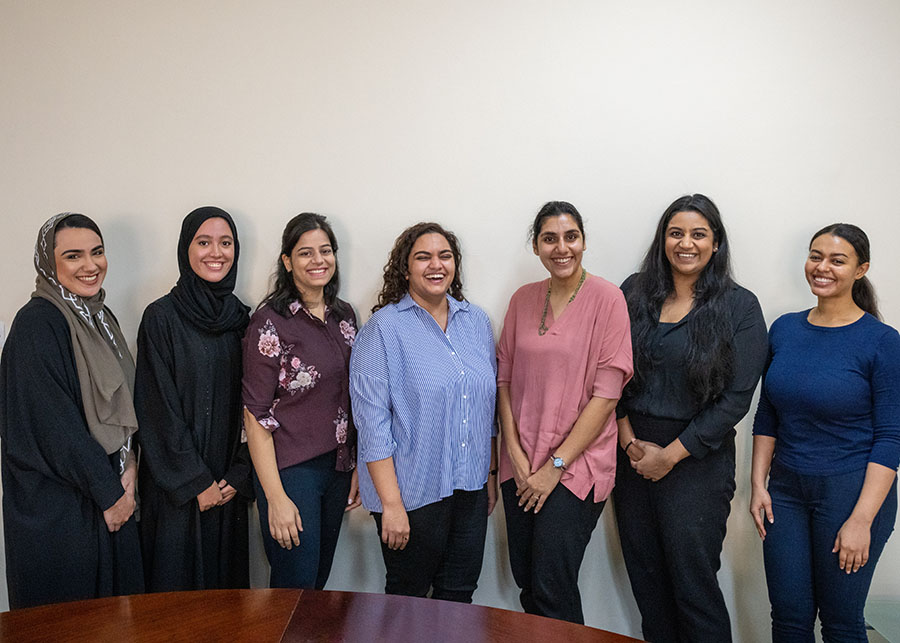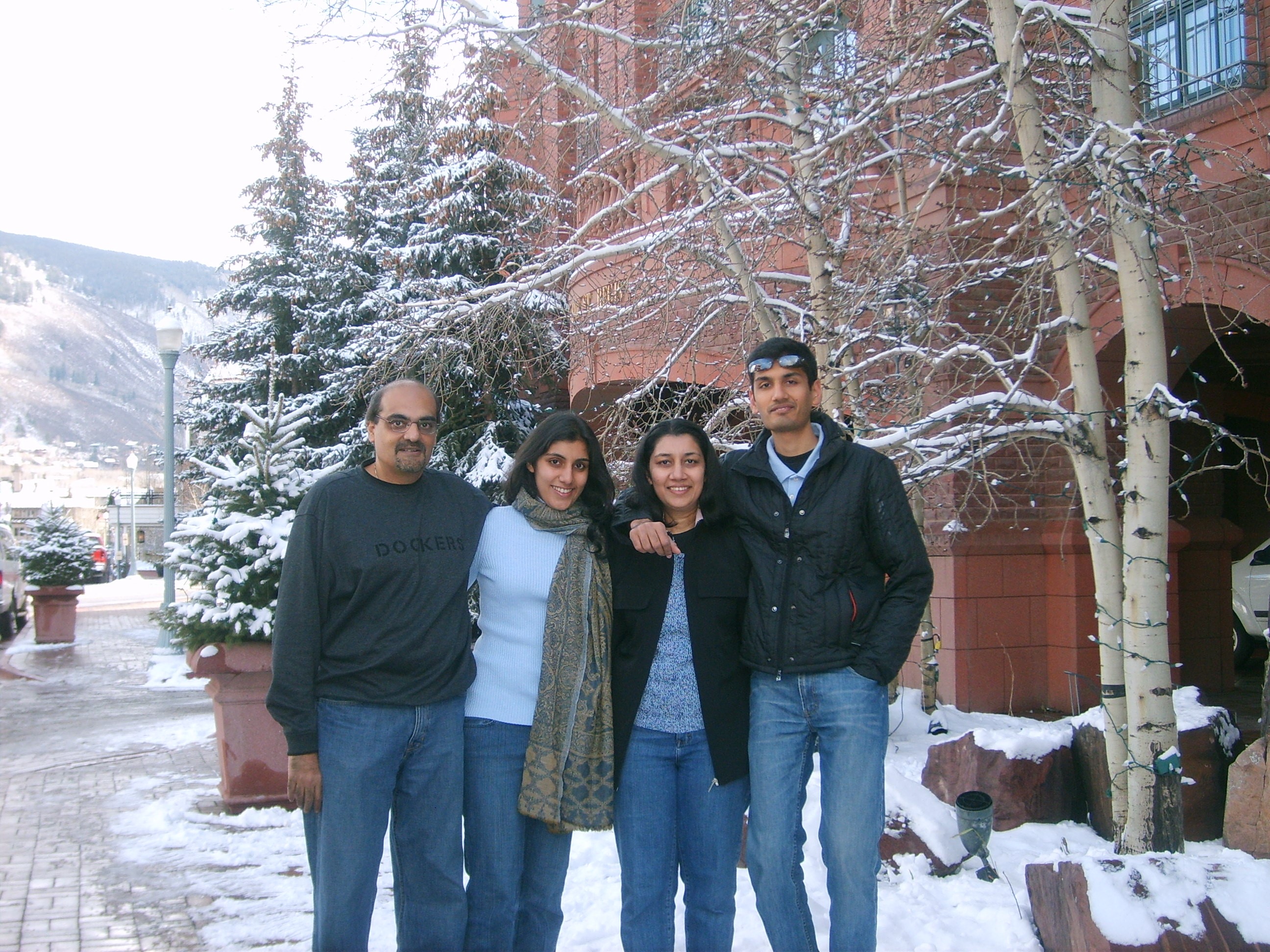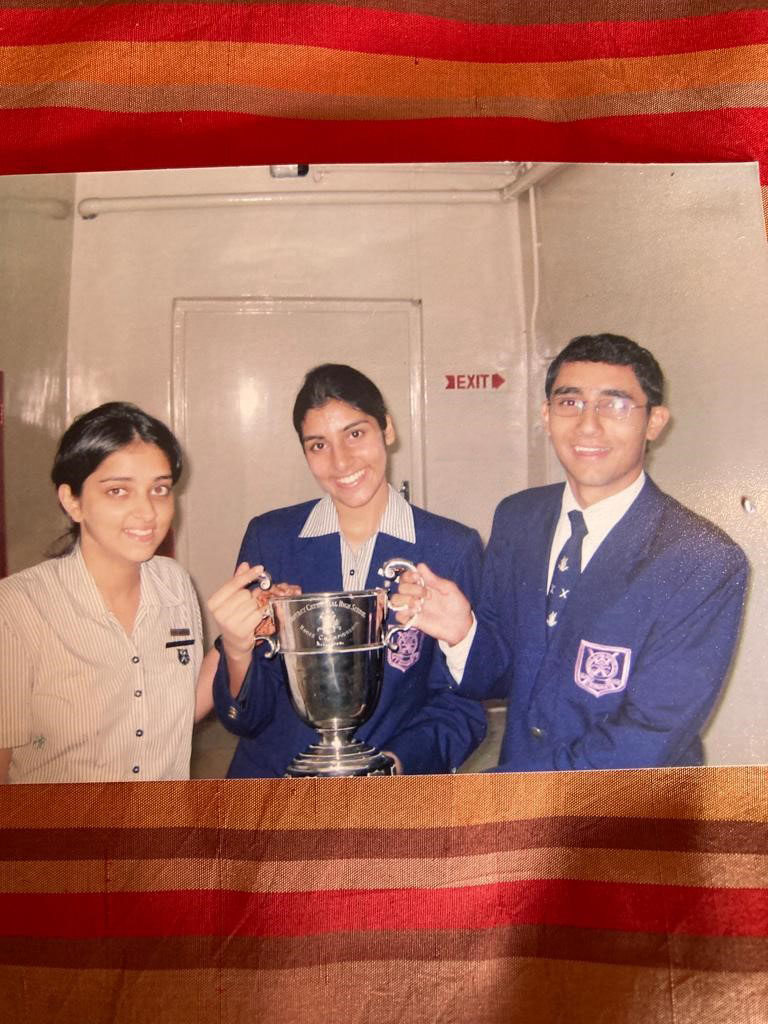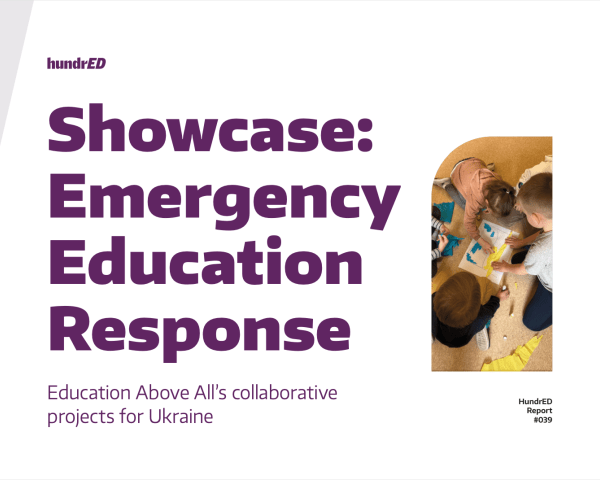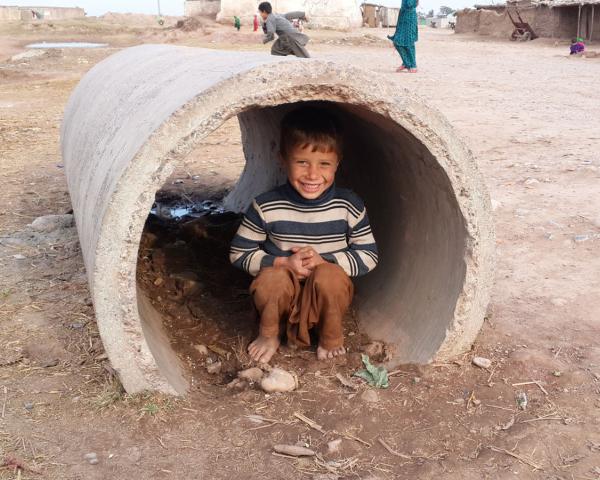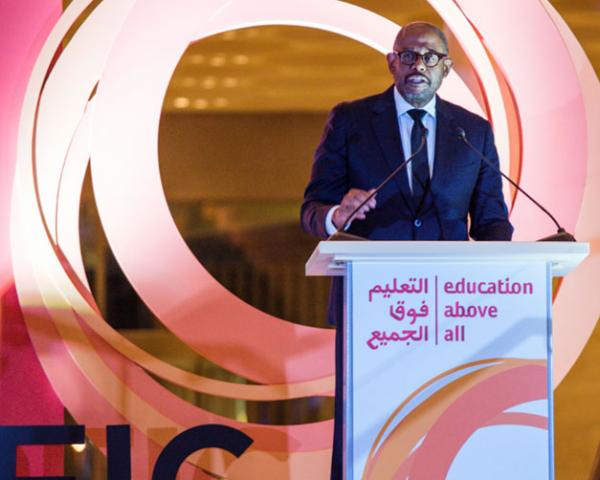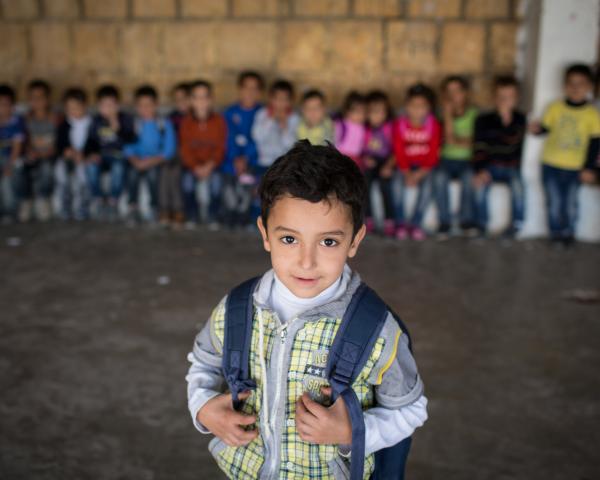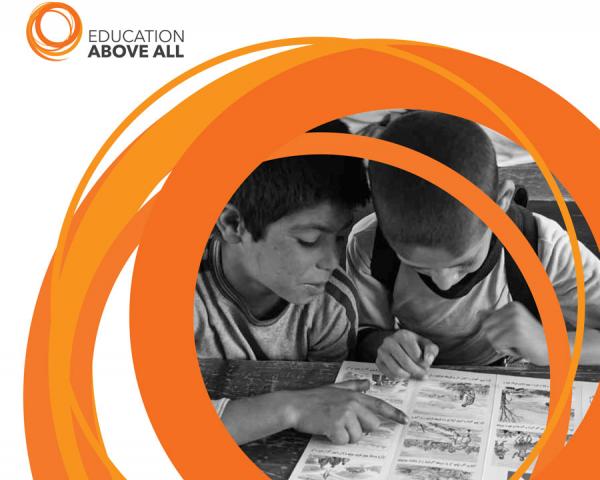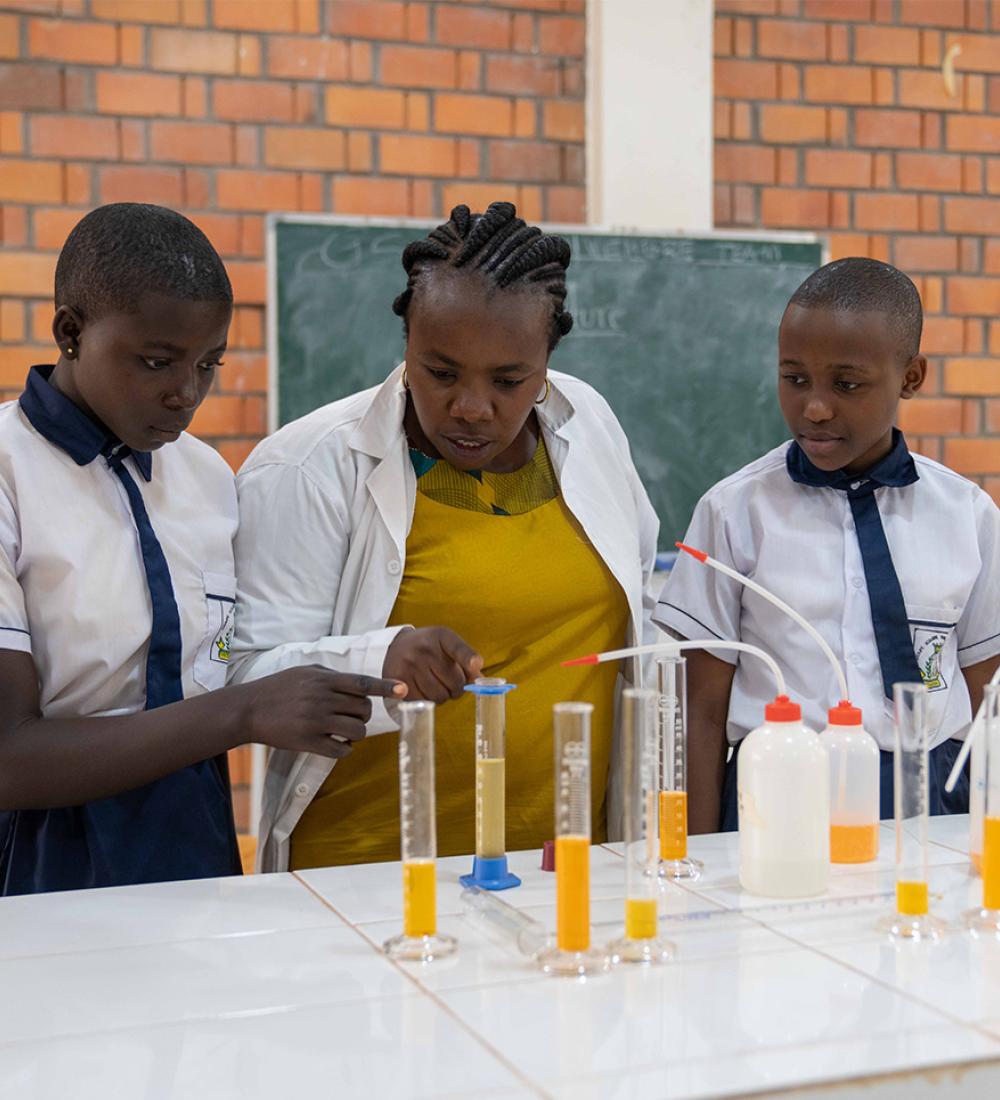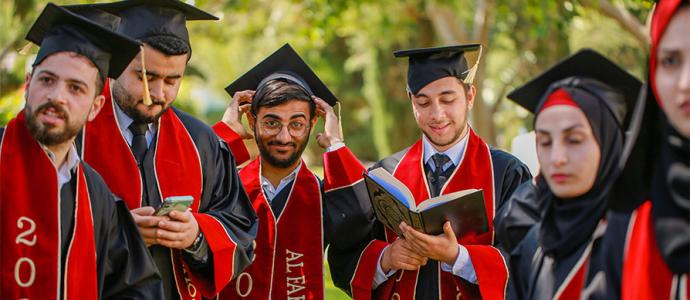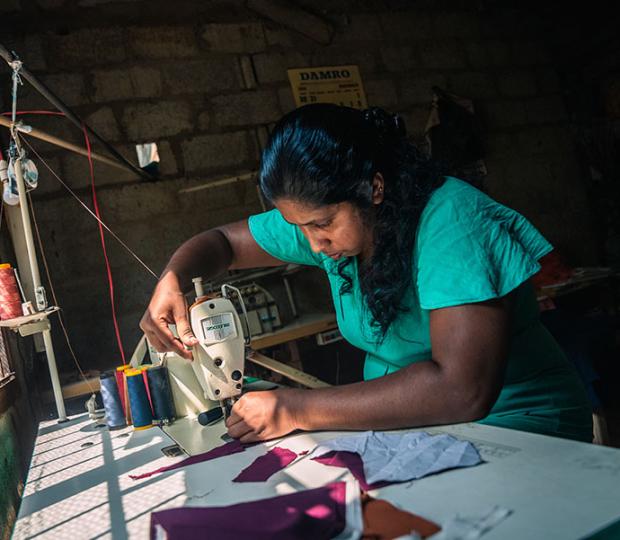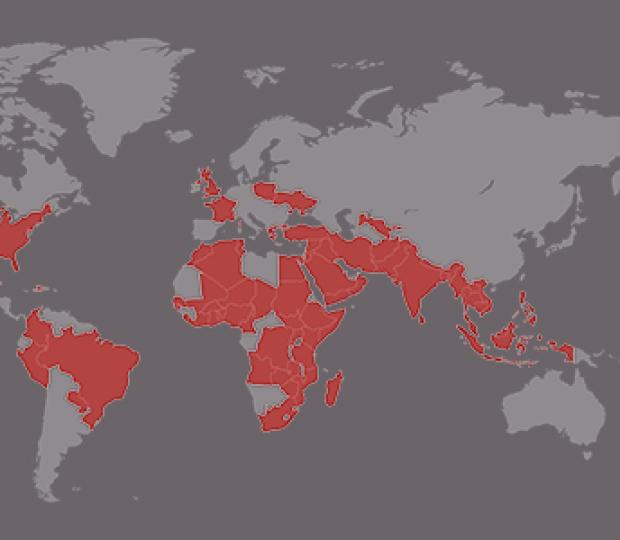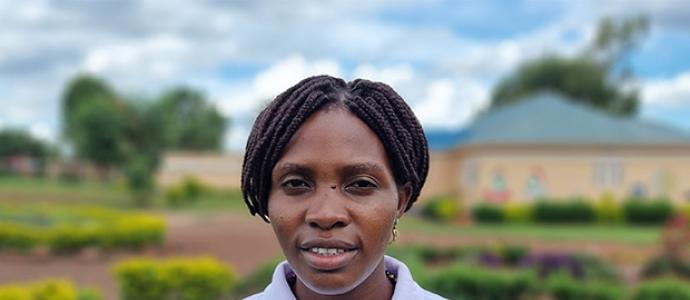Interview with Janhvi Kanoria, Director of Innovation Development (ID) at Education Above All (EAA)
April 21st celebrates Creativity and Innovation - synonyms of positive change, progress, human, social and economic development. While the global community attempts to rebuild the post-pandemic education and continues to tackle educational challenges for children refugees fleeing conflicts in Ukraine, Yemen, Syria, South Sudan and other countries, we seize this occasion to speak with the head of the EAA Innovation Development programme Janhvi Kanoria to learn about innovation in education.
Throughout 2022, we continue to celebrate EAA’s 10th anniversary and acknowledge the role of our outstanding women leaders. With Janhvi, we explore educational practices beyond the academic process and democratise learning through innovative solutions.
Why Education Above All?
EAA sets audacious goals, refusing to stop until they are realised. Our mission is to reach all children – no matter how significant the crisis is, how hard the political situation is, or how high the barrier they face is.
Global inequality, climate change, conflict and mental health deterioration are only a few factors evidencing the world’s frightening propensity for self-destruction.
I believe the only way to fight fear, hatred and inequity is education.
It enables children to make decisions based on rational thought, develop empathy and tolerance, and acquire skills necessary to provide for themselves and their communities.
When and where did your path on this journey begin?
I started my journey as a volunteer educator in a low-cost private school in India, teaching history and economics to a group of Grade 12 students. All of them were vociferous supporters of a political party that was openly bigoted – quickly, I realised that the children were just parroting their parents’ opinions, without applying - or questioning them. These young adults would become voting citizens of a democracy in year. Also, there was an engrained bystander bias regarding issues that are facing society such as harassment and the implications on climate change. I could not accept the risk of leaving the future of our world in the hands of those who were not prepared to manage it.
Do you have any experiences that have made this journey a personal one?
I believe I won the lottery of life – my parents, brother and my grandparents really encouraged me to work and study. I loved school – as one of those children who thrived in the academic environment and extra-curricular activities - and was supported by my teachers.
The glaring gap in my privilege as a girl in India and the reality around me was very apparent to me.
I have always had a strong desire to bridge this inequity and champion the children who were less lucky than myself.
What have been some of the biggest learnings you have now that you wish you had when you started?
My experience as a teacher gave me the most basic understanding of what education is about.
I remember planning a flipped math assessment that the children prepared for the teachers, and how successful that was in helping them master the skills they were testing and reducing their anxiety around maths and tests. When the students saw some of their teachers struggling with some of the questions – they realised failing and learning is part of the journey.
Thus, I learnt about the importance of teacher-student interactions beyond the purely academic aspect, and the role of small yet thoughtful interventions - extremely effective in the educational process.
To date, what have been some of your proudest professional achievements? If you had to choose one idea that helped you get there – what would it be?
Through our projects, adolescents who could not read and write are now getting their high school diplomas through our Digital School Program; out-of-school children who were completely mute when we first interacted have been able to learn through our Internet-Free Education Resource Bank (IFERB).
Conceived during the first weeks of the pandemic, today, IFERB has almost 600,000 users. Working on it helped me realise that if we truly empathise with the learner and understand their context, there is no education barrier that is insurmountable.
The most important idea behind our work is the democratisation of education.
We want to make sure we help children learn no matter where there are, what they have, who they are with, and what they know.
If there was one thing you wish everyone just naturally knew – what would it be?
There is no “best” education model - everything depends on the child and the context. Both technology-based learning and school-based programming can be effective - but each has its own limitations.
If there was a behaviour or action you wished everyone could automatically adopt – what would it be?
Bring every effort to provide enough food to feed every starving child, enough books for every kid to read, and enough people to facilitate effective learning.






